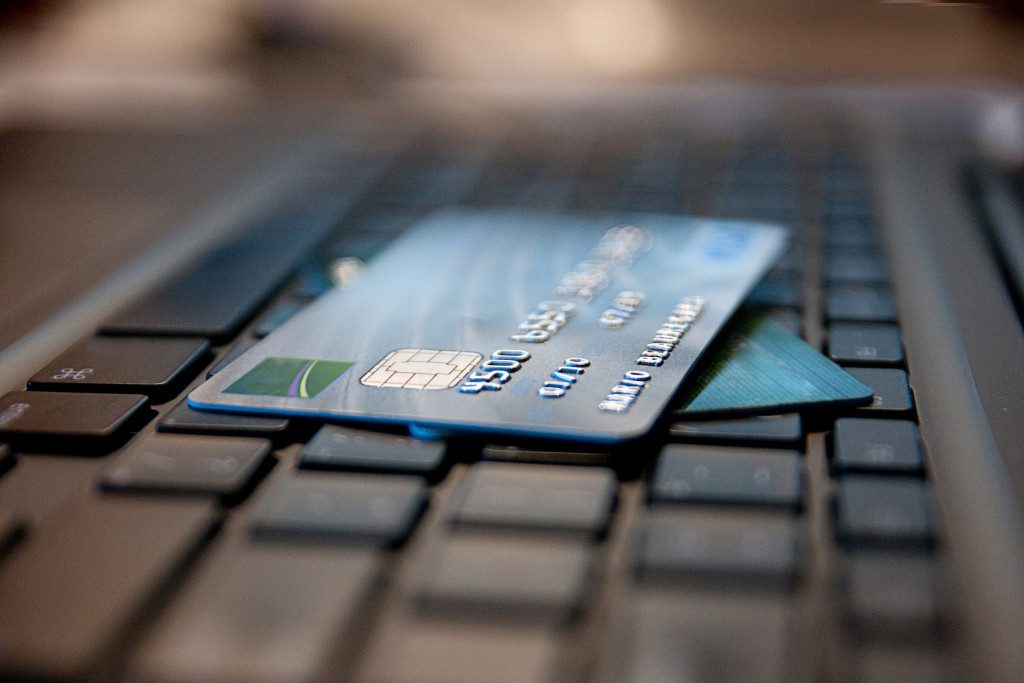Virginia Credit Card Fraud Lawyer
With the advent of the Internet, it is easy to make purchases online by entering a credit card number that might not be your own. Nevertheless, credit card fraud is a form of theft. Depending on the amount allegedly stolen, the charge can be a misdemeanor or felony. Like any other such offense, though, a conviction for credit card theft can deeply affect your future. Depending on the specific circumstances surrounding your case, credit card fraud could also be a federal crime; especially if the victim of your fraud is in a state other than Virginia.
 Regardless of the circumstances, it is critical to seek legal assistance as soon as possible. A conviction can threaten not only your freedom and your pocketbook, but also your future. Educational opportunities could be significantly impacted. Students could face suspension or expulsion, employers could refuse you work, and financial institutions might deny you loans or mortgages based on your bad credit. This is why hiring a Virginia credit card fraud lawyer can make a difference for you.
Regardless of the circumstances, it is critical to seek legal assistance as soon as possible. A conviction can threaten not only your freedom and your pocketbook, but also your future. Educational opportunities could be significantly impacted. Students could face suspension or expulsion, employers could refuse you work, and financial institutions might deny you loans or mortgages based on your bad credit. This is why hiring a Virginia credit card fraud lawyer can make a difference for you.
Credit Card Fraud and the Law
Identity theft and credit card fraud are closely linked because most identities are stolen for illegal financial gain. Credit card application fraud is another form of identity theft in which a criminal uses stolen or forged documents (bank statements, utility bills, government documents) to open a credit card account under someone else’s name. Another form of identity theft that can be used for credit card fraud is called “account takeover.” This form involves the perpetrator’s gathering of information about their intended victim and then changing the victim’s address in order to control a bogus credit account.
Variations of credit card fraud include using an expired or revoked card or card number, false representation, obtaining false cash advances, fraudulent application for your own credit card, criminal possession of credit card forgery devices, and unlawful use of payment card scanning devices and re-encoders.
In order to secure a conviction for credit card fraud, the government—either federally or in the Commonwealth of Virginia—must prove that:
- The defendant illegally took a credit card or credit card number from another person.
- This “misappropriation” was done with intent to use, sell or transfer it to a person other than the issuer or cardholder.
- The defendant used the credit card or credit card number to buy something of value.
- There was intent on the part of the defendant to defraud.
Credit Card Fraud Penalties in Virginia
If the total value of everything illegally obtained by the defendant within a six month period exceeds $500, the offense in Virginia is a Class 6 felony: usually punishable by one to five years in state prison and/or a fine of up to 12 months in jail and/or a fine of up to $2,500. If the stolen goods are worth less than $500, the offense is a misdemeanor punishable by no more than 12 months in jail and/or that same $2,500 fine or a combination thereof.
In the credit card fraud context there are often several instances of the same offense, known as “counts.” Each count is punishable to the full extent of the law, so five counts of felony fraud could mean total of 25 years in prison. In addition, a guilty party may be ordered to pay restitution, including any fees for cleaning up victim’s credit record, as well as damages assessed to the defrauded financial institutions or insurance carriers.
Talk to a Virginia Credit Card Fraud Lawyer
Federal prosecutors often charge people with fraud—especially if committed via mail, wire or credit card—because various paper trails make it easy to prove and prosecute, especially if that evidence must be accumulated in more than one state. It also allows federal courts to have jurisdiction over the underlying fraud activities and adds severity to the charges utilizing the generally more harsh federal criminal statutes. Federal penalties for any credit card fraud conviction can involve up to 20 years in prison, although sentences can vary depending on a number of factors, most notably the number of fraud allegations.
If you have been charged with credit card or debit card fraud – or are the object of such an investigation, an aggressive Virginia credit card fraud lawyer can help defend you in court and will walk you through every stage of the process. In situations like these, when serious damages can be assessed, it’s good to have someone in your corner to protect your constitutional rights.






